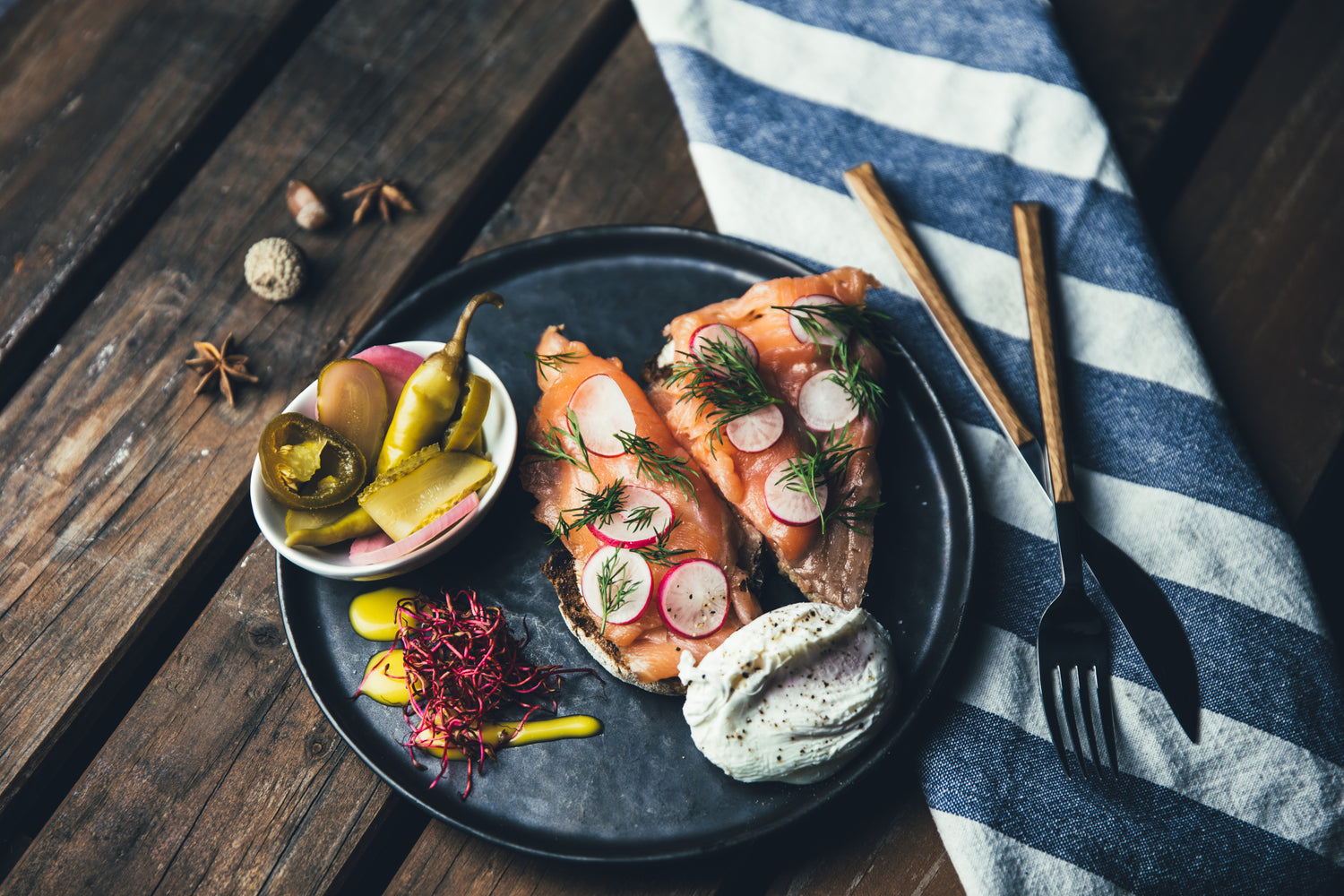Healthy Eating Guidelines
Your body uses the foods we consume as fuel. It was designed to run on the foods God gave us; not the foods that man created - a.k.a. processed and ultra-processed foods.
Minimize preservatives and processed foods in your diet and replace with whole foods as much as you can.
Eat smaller meals, 5-6 times per day whenever possible - will supply your body with the energy it needs and keep your metabolism going all day long, rather than storing any unused food as fat. Eating is by far the most muscle building thing a person can do - eating smaller meals more frequently will support a faster metabolism and lean muscle tissue.
My program, or any other program, is not a magic formula for you to lose weight. You have to back any fitness program up with eating a healthy and clean diet!
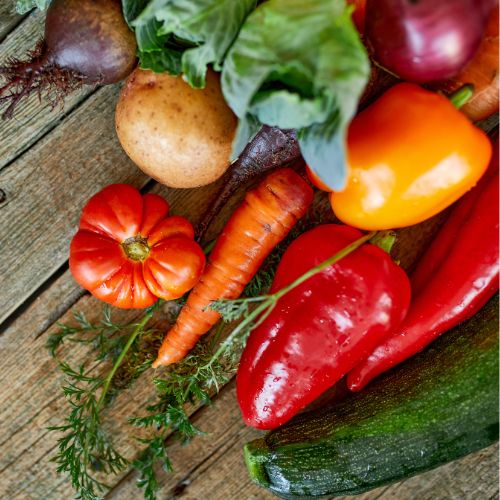
Eat Whole Foods
Minimize preservatives and processed foods in your diet and replace with whole foods as much as you can.
Eating whole foods is a great way to get nutrients (vitamins and minerals), antioxidants, and soluble fiber in your diet.
Many people lean towards ultra-processed foods because they are convenient, however, they are loaded with calories, stripped of nutrients and increase your risk of many diseases like obesity, heart disease and stroke, type 2 diabetes, and cancer.
Stick with foods that only have one ingredient, and no more than 5 ingredients as often as possible.
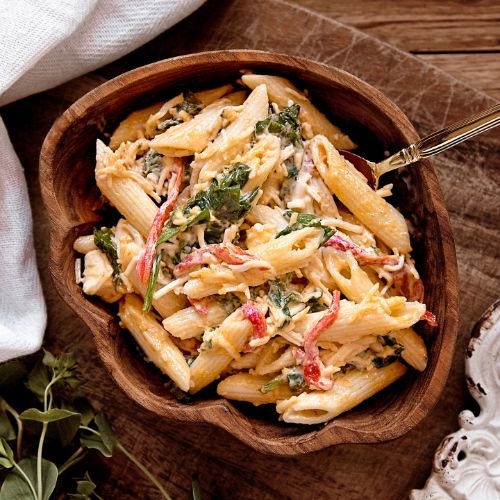
Carb Wise
Carbs are the body's primary source of energy and the brain's preferred source of energy. Protein and carbohydrates work well together. The absorption of protein increases when mixed with a small amount of carbs.
Carbs are by no means bad, and won't cause you to gain weight. Weight gain occurs from an oversupply of carbohydrates, or any macronutrient for that matter, accompanied by a sedentary lifestyle. Choose fibrous, complex carbs whenever possible.

Drink Plenty of Water
Want a healthy, effective weight-loss elixir that's FREE? Drink water!
Drinking water helps with weight-loss in several ways. Here's just a few:
- metabolize stored fat and carbs
- increase in energy expenditure
- appetite suppression
- filer out toxins and flush waste (less bloating)
Aim for 100 fl. oz., and no less than 64 fl. oz. per day. Your body is 70% water and is not capable of storing it.
Every cell, tissue, and organ in the body needs water to work and function properly.
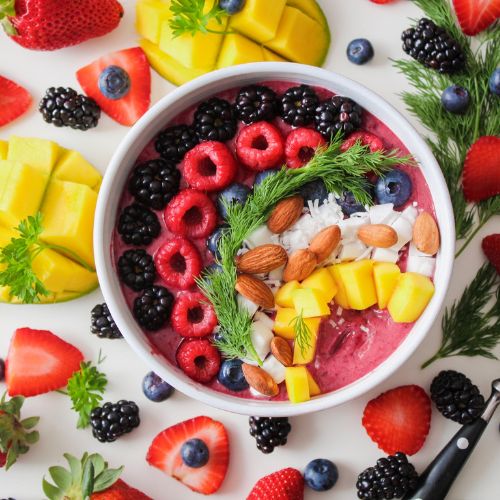
Colors of Health
Eat a variety of color - green, white and brown, yellow and orange, blue and purple, and red. Add the power of colorful fruits and vegetables to your plate each day to promote good health.
Every color provides various health benefits, and no one color is superior to another, which is why it's important to eat a variety of all colors!
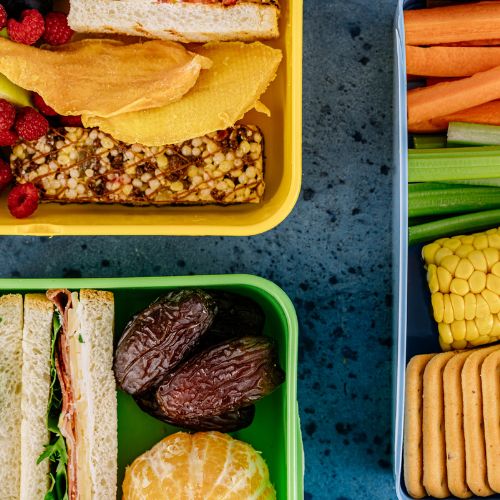
Portion Your Meals
There are several ways to determine balanced meal portions. One of the easiest and most portable ways is to use your own hand. Your hand is related to your body size, making it a great personalized tool to measure your meal portions.
Protein - your palm is equal to one portion of meat or fish
Vegetables - the front of your
closed fist equals about a half cup
Carbs - your closed fist equals about 1 cup
Fats - the tip of your thumb to the base of your thumb is approximately 1 tablespoon

The Power of Protein
Eat plenty of poultry, fish and other lean proteins. Protein is a part of every cell in your body, and no other nutrient plays as many different roles in keeping you alive and healthy as protein.
Digesting and metabolizing protein burns calories. Protein has a much higher thermic effect (20-30%) compared to carbohydrates (5-10%) and fat (0-3%).
Protein also increases satiety, which means you feel fuller despite eating less.

Track your Macros
You can't improve what you don't measure. Knowing your macros is important when your goal is to change your body composition (lean muscle vs fat).
There are definitely benefits when it comes to keeping close track of what you're eating. Improved body composition and accountability are two that can help you when it comes to weight-loss.
Tracking helps you stay on track; it helps you understand where calories and macronutrients are coming from, and how they affect your body and your body composition.
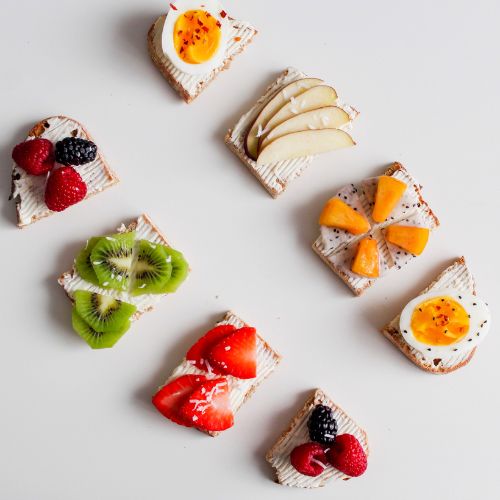
Balance is Key
Avoid too many restrictions. Restrictions aren't maintainable long-term. Eat clean 80 percent of the time, and allow yourself some room to satisfy a craving now and then. It's okay to enjoy foods you love within moderation. Building a healthy relationship with food is the first step to a healthy long-term lifestye.
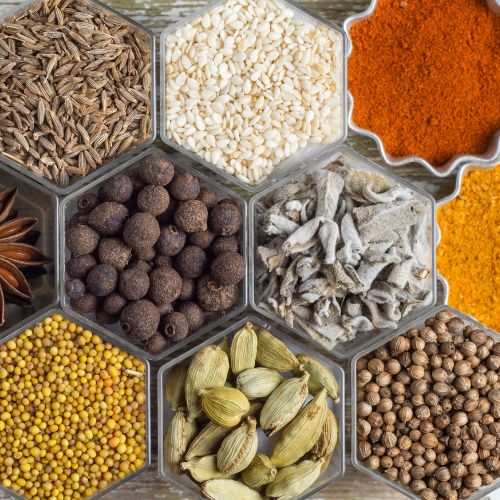
Spice it Up
Spices are great flavor boosters! You can avoid getting bored with eating the same protein sources regularly, like chicken, egs and fish by switching up your seasonings - spices, sauces, marinades and rubs. Experiment with hot sauces, spice blends, lemon, lime, garlic, flavor infused oils and vinegars, horseradish, fresh herbs and more!
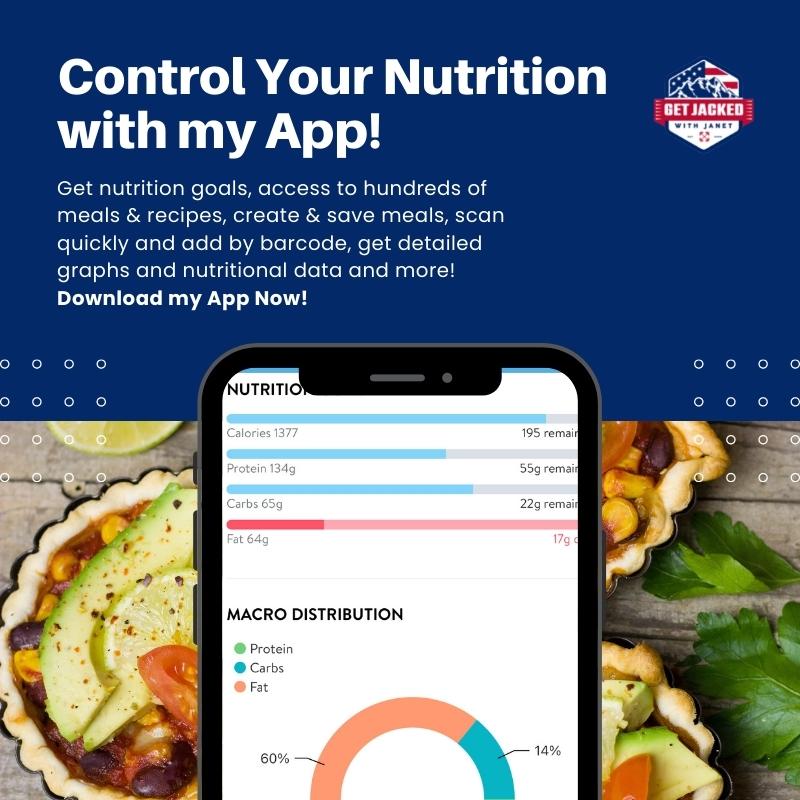
Track Your Nutrition
Get nutrition goals, access to hundreds of meals & recipes, create & save meals, scan quickly and add by barcode, get detailed graphs and nutritional data and more!

